Outstanding Museum Practice Award Winners 2022
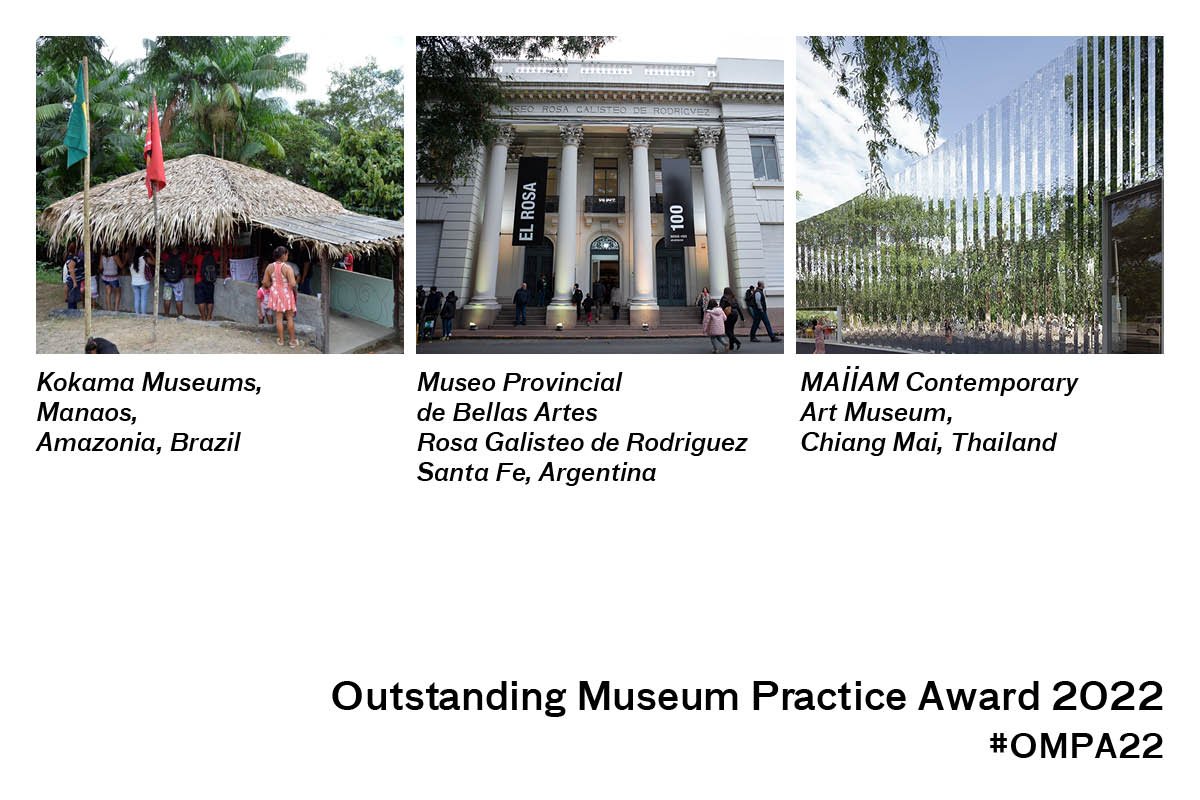
The CIMAM Board announced three museums as recipients of the second edition of the Outstanding Museum Practices Award during the CIMAM 2022 Annual Conference in Palma de Mallorca, Spain
Palma de Mallorca, Spain – 16 November, 2022.
On the occasion of this year's CIMAM Annual Conference, entitled "The Attentive Museum. Practices for a Common Ground," gave visibility to the diverse forms and models of museum practices in the world today. The museum as possibility and as a living, evolving practice was evident in the presentations and discussions at the Conference, not as abstract and theoretical projections but as resonant and urgent.
- The 15 nominated practices for this year’s Aware came from Central and South America, Asia, Africa and Europe.
- An initial shortlist of 5 nominees was made by CIMAM’s Outstanding Museum Practices Award Steering Committee with the full CIMAM Board agreeing the Award recipients.
- A guiding question in identifying the Award recipients was: What can we learn?
Announcing the Awards, Suzanne Cotter, chair of the Outstanding Museum Practice Award committee, stated:
“This year’s Outstanding Museum Practices Awards recognizes museums in their commitment to the idea of the museum as a continued and evolving practice and in their willingness to assert alternative models to the persisting patriarchal and colonial structures of the European museum. The awarded museums enact a mutual empowerment for the museum and the publics that they look to serve.”
1) Kokama museums, Manaos, Amazonia, Brazil
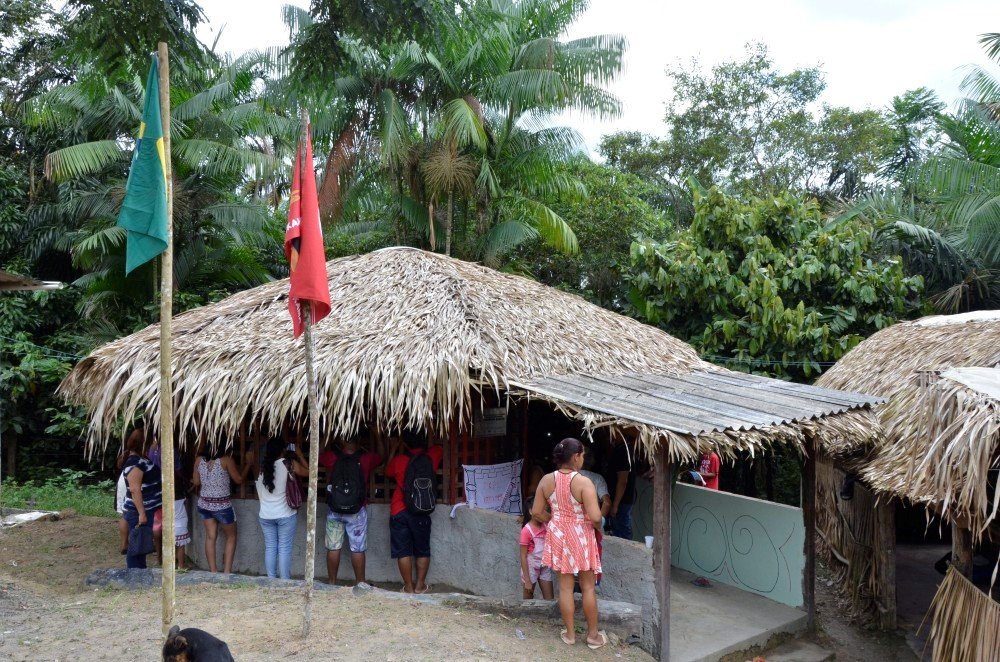
The two Kokama' museums in the city of Manaos are grounded in the local community, created by and for them has as its purpose to preserve traditional knowledge, language, and crafts. The committee found this museum practice exemplary for museums worldwide in its acknowledgment of a model that is distinct from western and non-indigenous models that have been the historical reference for museums for so many in the world, often at the expense of the cultural authors of the objects, items and cultural artefacts that are collected and displayed. The acknowledgment of museums as places that can enable the transmission of cultural practices and thinking is also a model from which many museums can learn.
"Mainstream museums can seem inaccessible to indigenous communities for several reasons: both geographical and cultural. If we can develop relations and partnership, we can contribute to reinforce cultural identity by preserving this precious traditional knowledge so different from the non-indigenous knowledge because they do not damage nature and they do not separate Art and Science.
These small museums developed by themselves can become spaces for intergenerational community dialogue. Language, cultural practices and traditional knowledge are understood as Art and Science."
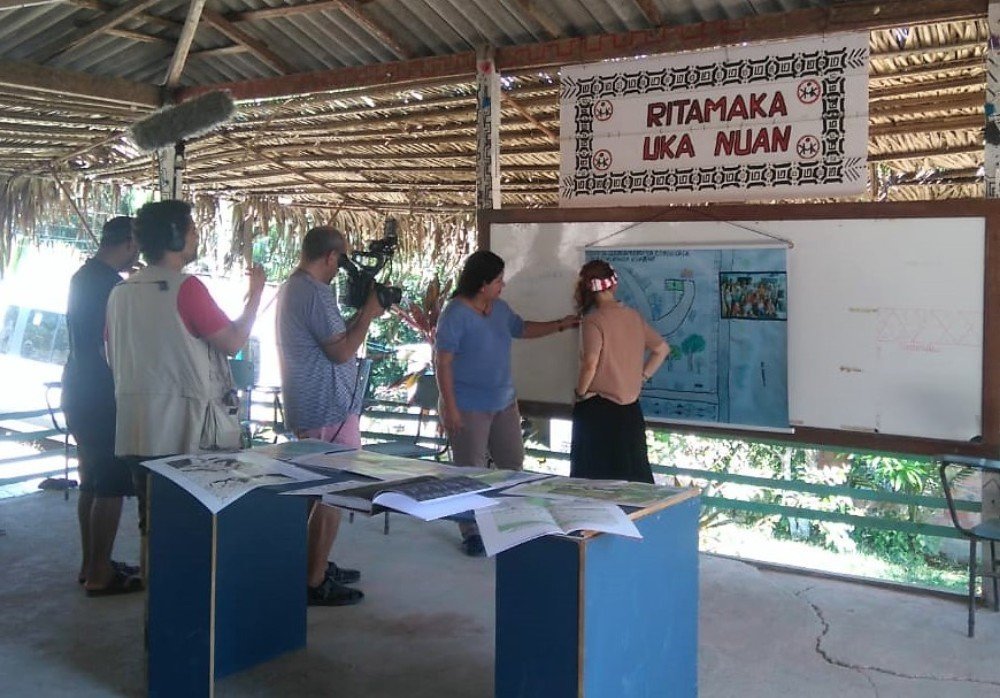
The committee found this museum practice exemplary for museums worldwide in its acknowledgment of a model that is distinct from western and non-indigenous models that have been the historical reference for museums for so many in the world, often at the expense of the cultural authors of the objects, items and cultural artefacts that are collected and displayed. The acknowledgment of museums as places that can enable the transmission of cultural practices and thinking is also a model from which many museums can learn.
2) Museo Provincial de Bellas Artes "Rosa Galisteo de Rodriguez", Santa Fe, Argentina
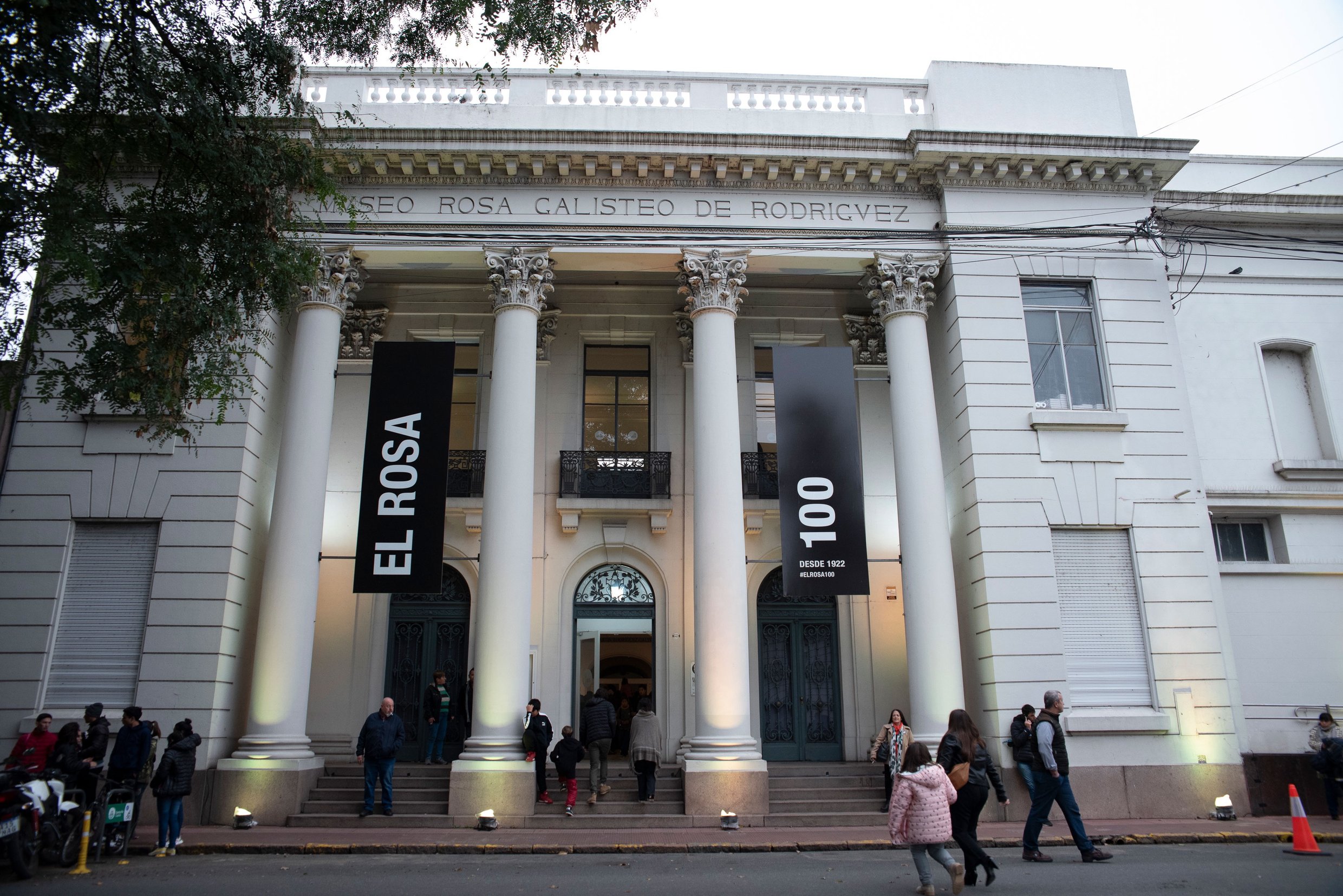
Founded in 1918, the museum had become somewhat stale when, a century later, the new director Analia Solomonoff and her team started the process for institutional transparency and democratization of the collection to redefine the access to their patrimony and renew the link to the art community. A spearheaded art program has put the museum back on Argentina's map through a new exhibition space and the project "Museo Tomado" (Museum Taken Over).
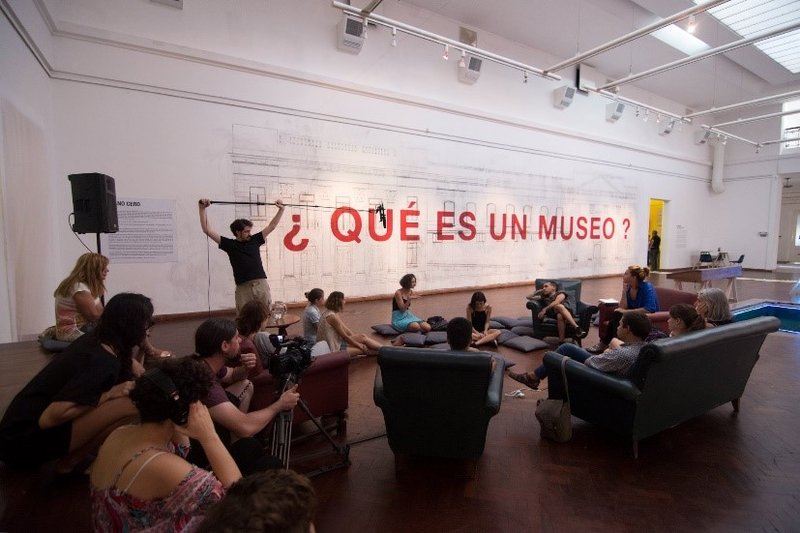
The project which has been ongoing since 2018 focuses on restoring and remodeling the museum's reserves to activate the archives and the library and let the now expanded collection be present all over the museum building, inside and out. collapsing the historic separation between storage and display. The Board considered exemplary this practice of a local museum that expands beyond its fictive limits and, through its close links to its local region, inspires the metropolitan centres.
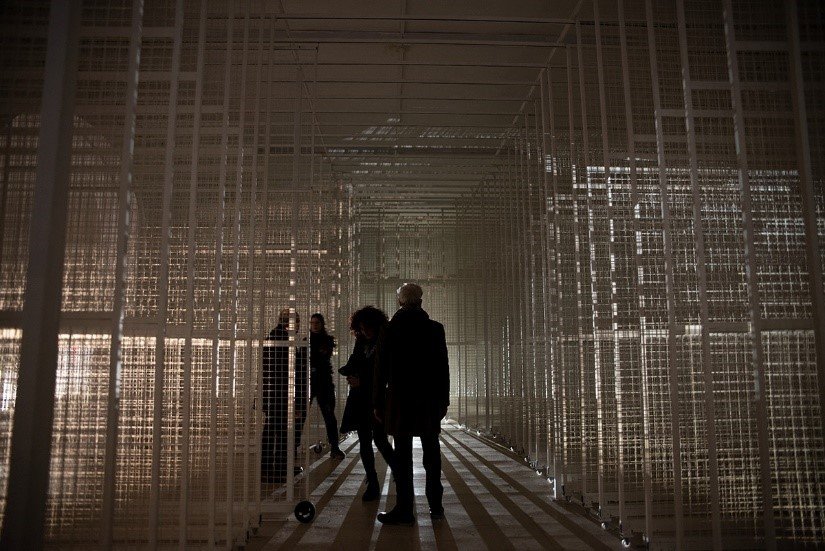
"Seeking to inspire visitors and artists alike, the Rosa's program has exemplified local museums' central role in furthering strategies to re-imagine how art collections from whatever period can remain relevant for audiences and artists; how art institutions can provide for an otherwise non-existent space of social exchange across social classes, generations and museum-goers; and how the museum can provide access to experiences once thought out of reach."
This is an example of a local museum that expands beyond its fictive limits and, through its close links to the region, inspires the more central ones.
3) MAIIAM Contemporary Art Museum, Chiang Mai, Thailand
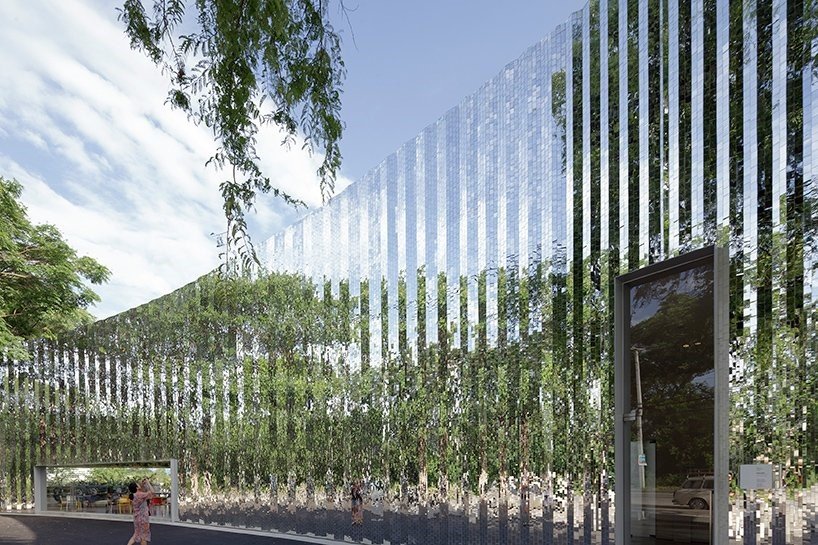
Based in Chiang Mai, in Thailand, MAIIAM Contemporary Art Museum has been serving its community and the global art ecology through the presentation of impactful exhibitions of underrepresented Thai artists along with artists of international renown. As a contemporary art museum with a radically innovative program in this thriving regional city, MAIIAM has played a unique role in Thailand and has partnered with many regional institutions in Asia. The combination of professional attitude and strong community spirit has resulted in MAIIM developing a leadership role in South East Asia initiating cross disciplinary projects that cover digital connectivity and sustainability agendas.
“The MAIIAM is an exceptional museum of contemporary art in Chiang Mai, Thailand, that has served its local community and that of underrepresented artists across Thailand through stellar exhibitions and programming”.
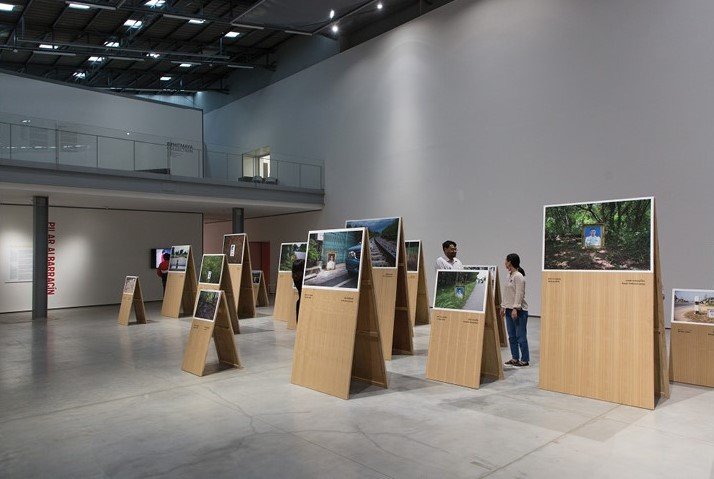
The CIMAM Outstanding Museum Practice Award recognises exemplary practices in museums around the world. It is dedicated to promoting excellence in innovation in modern and contemporary art museums, and to encouraging public accessibility and exchange, and sustainability within the sector.
Launched in 2021, the CIMAM Outstanding Museum Practice Award aims to give visibility to exemplary practices that can serve as a reference for the international community of modern and contemporary art museum professionals. Recipients of the Award are acknowledged during the CIMAM General Assembly held in November of each year during the last day of the Annual Conference.
The 2022 CIMAM Outstanding Museum Practices Award steering committee consisted of CIMAM board members: Suzanne Cotter (Chair), Suhanya Raffel, Ernestine White-Mifetu, Ann-Sofi Noring, Malgorzata Ludwisiak, and Rhana Devenport.